-
Critical Care & ICU PATIENT-CENTERED CARE
-


RAK Hospital’s ICU and Critical Care Department is renowned for delivering exceptional, around-the-clock care to critically ill patients. Our state-of-the-art facilities are equipped with the latest medical technology, allowing us to provide comprehensive monitoring and advanced treatment options to ensure optimal patient outcomes. The department is staffed by a highly skilled and experienced multidisciplinary team, including intensivists, nurses, respiratory therapists, and other healthcare professionals dedicated to delivering personalized, compassionate care.
Our ICU specializes in managing complex medical conditions, offering services such as advanced life support, mechanical ventilation, and continuous hemodynamic monitoring. We emphasize a patient-centered approach, ensuring that each treatment plan is tailored to meet the unique needs of every patient. Our team is adept at handling a wide range of critical situations, from severe infections and respiratory failure to post-operative care for major surgeries.
We adhere to globally recognized protocols and best practices, ensuring the highest standards of safety and quality in patient care. Our commitment to innovation and excellence has established RAK Hospital as a leader in critical care, providing a lifeline to patients and their families during challenging times.
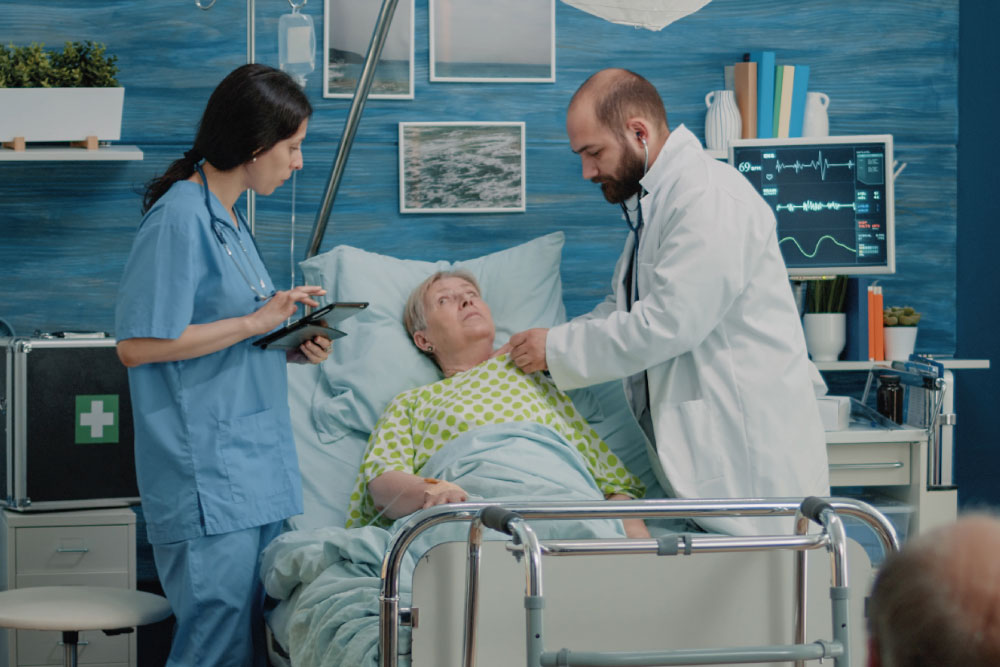
24/ 7 Intensive monitoring and contunuous critcal care ensuring immediate response to life threatening conditions.

Management of recovery post-surgery, focusing on pain relief and monitoring for complications.
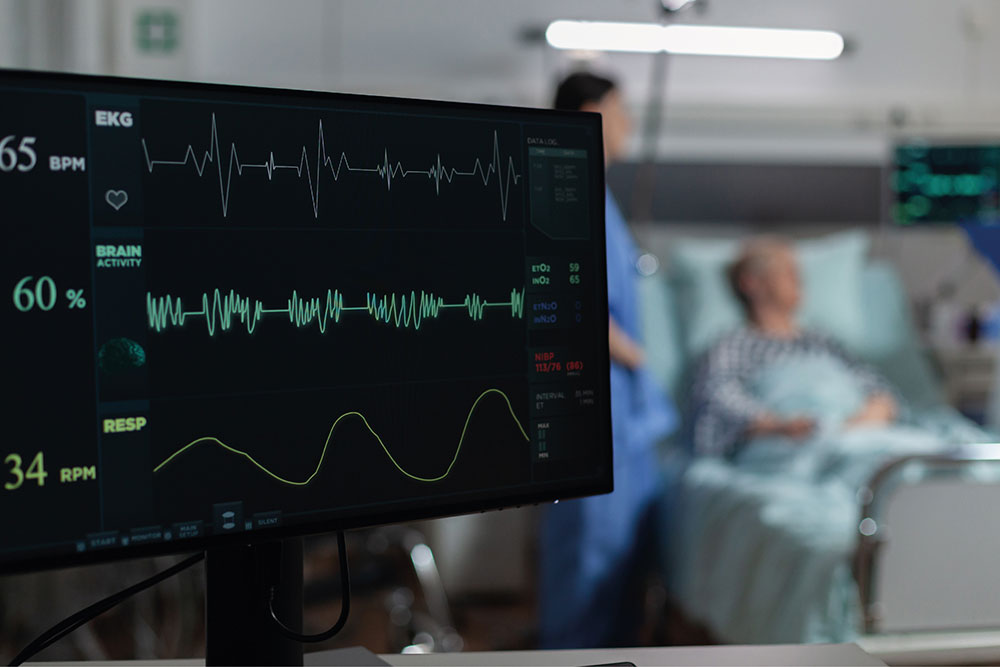
Utilization of state-of-the-art monitoring equipment to track vital signs and other critical parameters continuously.

Equipped with Level 2 Neonatal Intensive Care Unit to stabilise and support ill and preterm babies

For providing respiratory support to patients with severe breathing difficulties or respiratory failure.
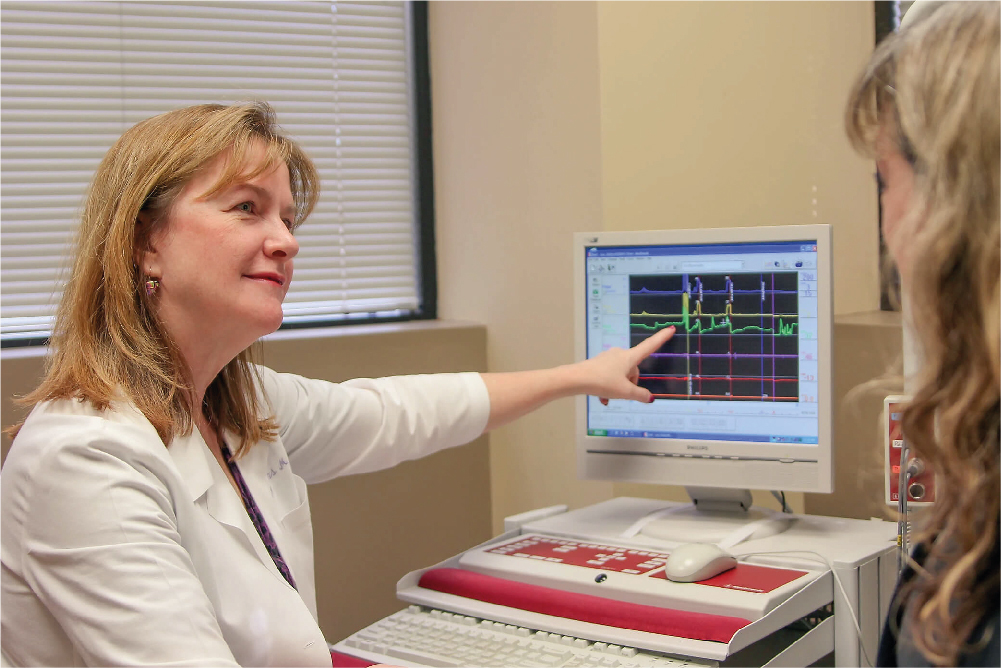
Continuous monitoring of vital signs such as heart rate, blood pressure, oxygen saturation, and respiratory rate.
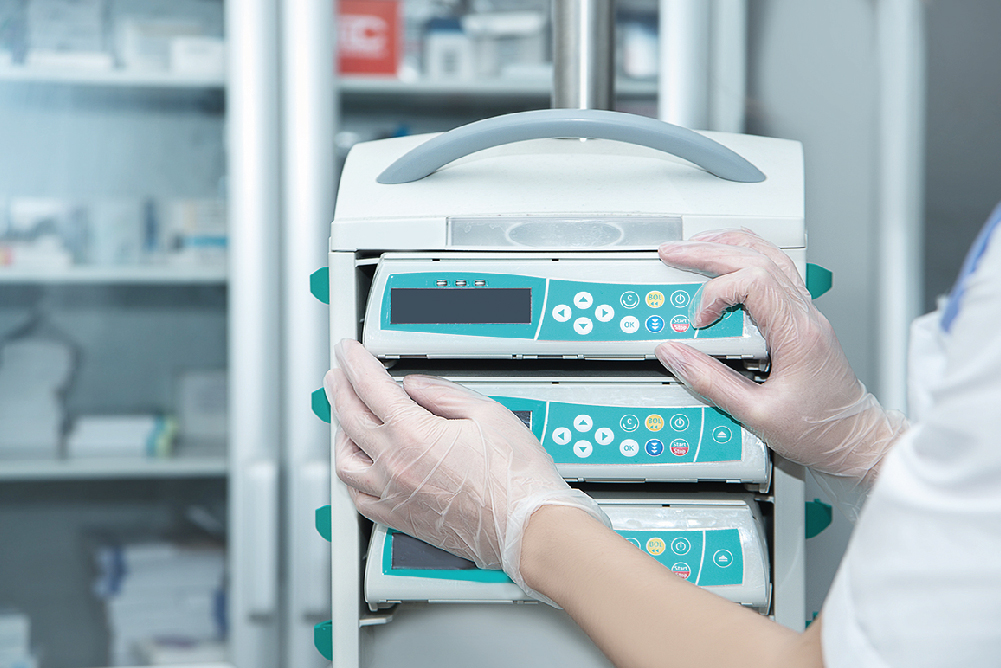
For precise administration of medications, fluids, and nutrients intravenously to critically ill patients.
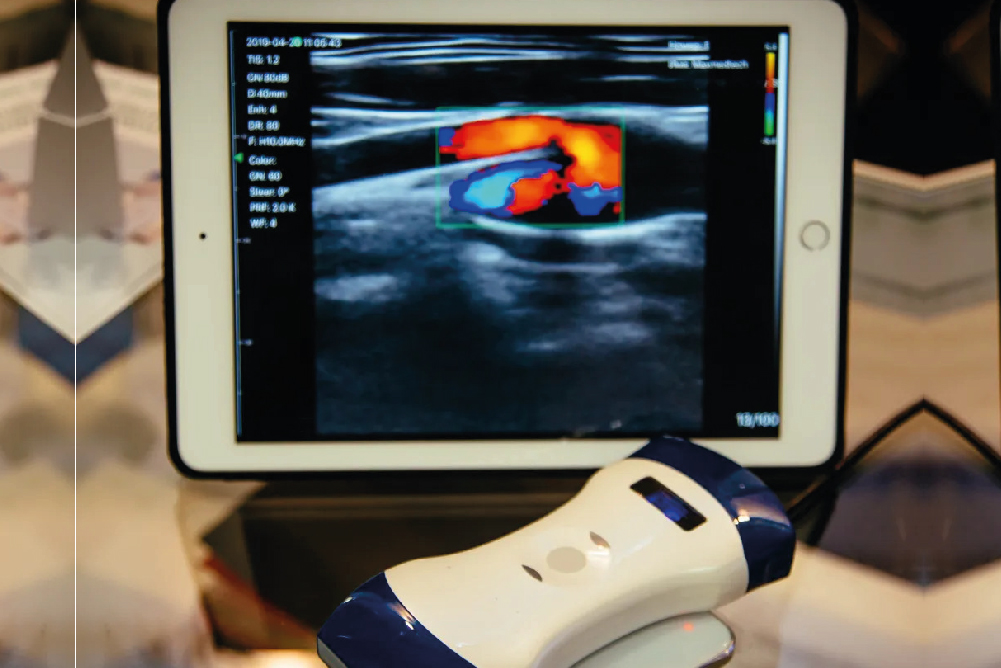
For bedside imaging to assist in the diagnosis and monitoring of various conditions in critically ill patients.